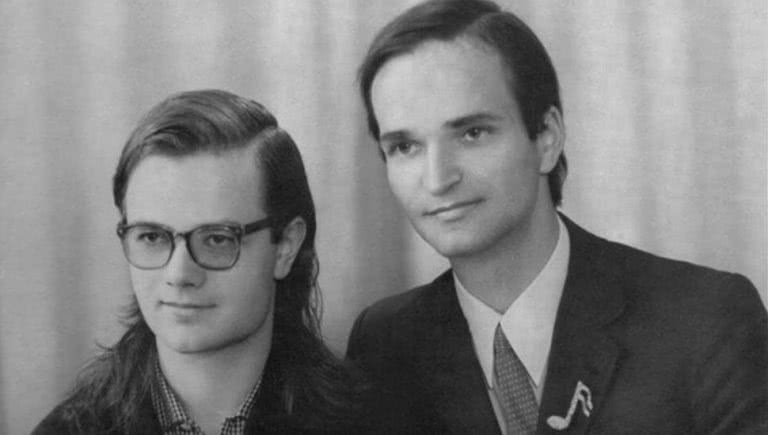German musician Florian Schneider, co-founder of electronic synth-pop outfit Kraftwerk has died at the age of 73.
Confirmed by former bandmate Ralf Hütter, it’s known from a statement from Rolling Stone that Florian Schneider died “from a short cancer disease just a few days after his seventy-third birthday,” with no additional details
The German musician was one of the founders of the electronic synth-pop collective Kraftwerk, serving as a multi-talent with background vocals, violin, synthesisers, computer-generated vocals, live saxophone, percussion, acoustic and electronic flute, vocoder, and electric guitar featured across his 38 years in the group.
Born as the son of renowned modernist architect Paul Schneider-Esleben in 1947, it was by his 21st year that he teamed up with Hütter, laying the groundwork for Kraftwerk in 1968 when they were both students at the Robert Schumann Conservatory.
Although originally they paired up as a duo under the name Organisation, releasing an album titled Tone Float in 1969, it wasn’t until 1970 when the pair created Kraftwerk, laying down a base that would influence electronic music for years to come.
As a band named after the German word for ‘power station’, the two founders opened up a studio in their home town of Dusseldorf called Kling Klang, where they later went on to released their first self-titled album in their beginning year.
Both Schneider and Hütter continued on as a pair for for 17 years with various musicians joining them through their release of nine studio albums all made through Kling Klang before pairing up with electronic percussionist Fritz Hilpert, which led to their final album Tour de France Soundtracks came out in 2003.
Love Music?
Get your daily dose of metal, rock, indie, pop, and everything else in between.
Although 2008 saw Schneider leave the group, in 2014 he alongside the other members of the band were honoured with a Grammy Lifetime Achievement Award, leading the Recording Academy to say: “Along came this music that sounded as mechanised as a Ford assembly plant … and music would never be the same.”
Check out ‘Das Model’ by Kraftwerk:


































